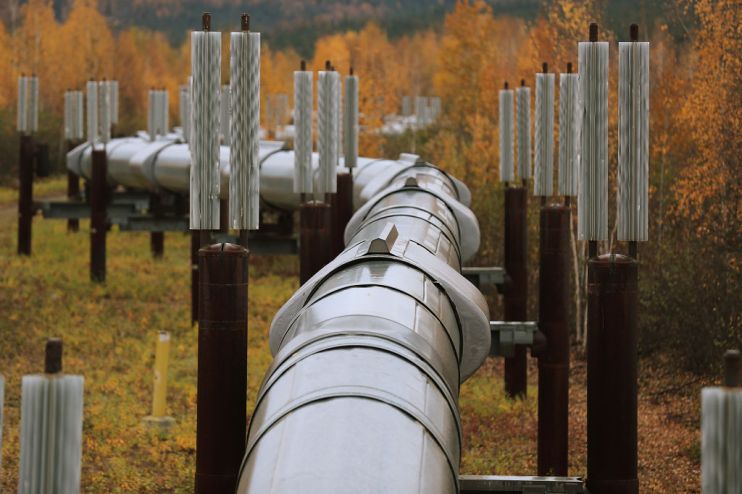Oil prices dip below $100 per barrel following IEA pledge to flood markets

Oil prices dropped below $100 on both major benchmarks today – with markets weighed down by pledges from the International Energy Agency (IEA) to release tens of millions of barrels from emergency reserves.
The organisation – which hosts the world’s biggest consuming nations – will flood the market with 60m barrels, following the US’ pledge last week to boost the supply chain with 180m barrels to ease its cost of living crisis.
Brent Crude was down 1.08 per cent to $99.98 per barrel, while WTI Crude had fallen 0.91 per cent to $95.35.
Both benchmarks had plunged more than five per cent in the previous session and hit their lowest closing levels since March 16.
Commerzbank analyst Carsten Fritsch said: “In view of these quantities, the previous concerns about tight supplies are no longer justified, as can also be seen from the price trend. Brent has fallen by around $12 since the first announcement was made by the US last week.”
Persistent underperformance from OPEC and its allies – with the organisation failing to reach pledged output increases of 400,000 extra barrels per day – alongside fears of supply shortages following Russia’s invasion of Ukraine had driven market rallies over the past six weeks.
This saw Brent Crude prices peak at 14-year highs on March 7 at $139 per barrel.
Meanwhile, European Union (EU) plans to sanction Russian coal imports have also been delayed a month to mid-August, amid German pressure.
Prices were also pressured by fears that lockdowns in China due to a new wave of the coronavirus pandemic could impede recovery in oil demand.
Multiple outbreaks of COVID-19 had led to widespread lockdowns in Shanghai, China’s most populous city.
OANDA senior market analyst Craig Erlam said: ” There are still plenty of upside risks to those prices despite the best efforts of those involved in the SPR release. But 240 million barrels is a substantial move that will help to offset the disruptions we’ve seen and allow time for US shale and OPEC+ to fill the void.”